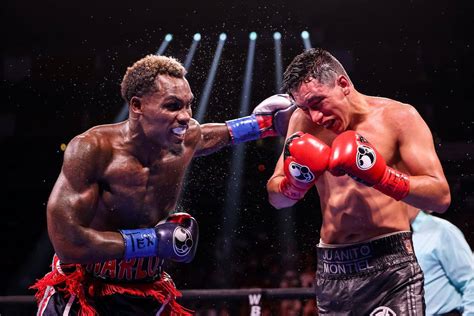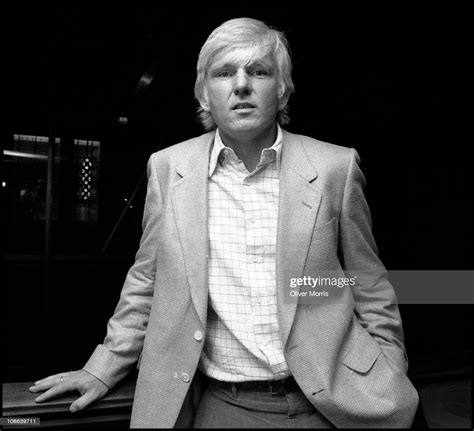A Quote by Philip Zimbardo
As a result of the prison study, I really became more aware of the central role of power in our lives. I became more aware of the power I have as a teacher. I started consciously doing things to minimize the negative use of power in the classroom. I encouraged students to challenge me.
Related Quotes
I think one of the things that started to hinder Baldwin as an artist later on was that he became really aware of power, so he wanted it, too. But if you look at the work before that, before 'The Fire Next Time' put him on the cover of 'Time Magazine,' it was much more intimate and a much more internal conversation.
Our work has only begun. In our time we have an historic opportunity to shape a global balance of power that favors freedom and that will therefore deepen and extend the peace. And I use the word power broadly, because even more important than military and indeed economic power is the power of ideas, the power of compassion, and the power of hope.
The 16th Amendment corroded the American concept of natural rights; ultimately reduced the American citizen to a status of subject, so much so that he is not aware of it; enhanced Executive power to the point of reducing Congress to innocuity; and enabled the central government to bribe the states, once independent units, into subservience. No kingship in the history of the world ever exercised more power than our Presidency, or had more of the people's wealth at its disposal.
. . . I do think that deep down, a lot of my work is about people trying to make reasonable accommodations of situations that are insane or absurd. . . . At first I thought the events had power in themselves, that I would just present them. I really wasn't aware of the things that finally became central issues to me - the shifting alliances, the way people hardly even know they've shifted. That part of [A QUESTION OF MERCY] is very familiar to me in terms of my other plays.
Let no one ever shy away from the claim that Jews have power, that Jews have influence. We have learned the terrible lesson of history; that unless we have influence and power, disproportionate to our small numbers - immoral results will occur. We need power. And we must continue to use our power. Power which we earned, power which no one gave us on a silver platter, power which we worked hard for - use that power in the interests of justice.





































